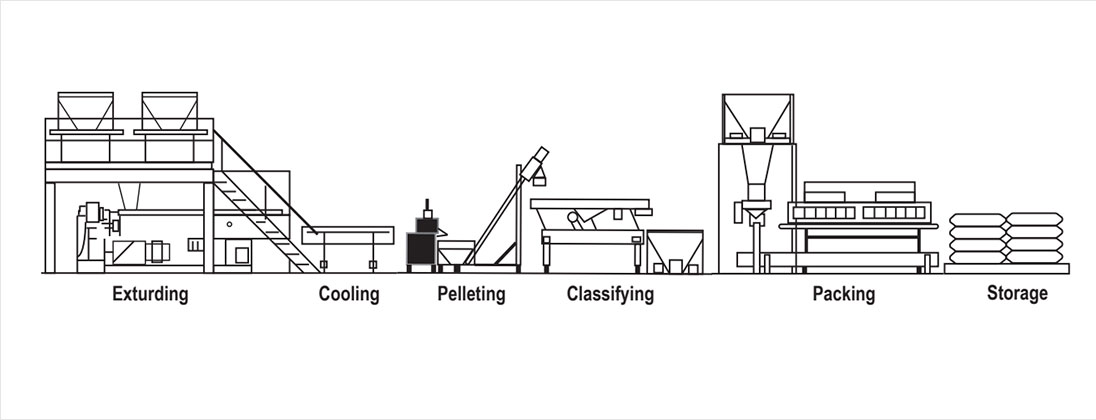Compared with general-purpose ABS, ABS plastic chemical resistance is requiring excellent impact performance, rigidity and flow properties. It is obvious that it should have very excellent chemical resistance to maintain normal use in harsh chemical environments.
At present, chemical-resistant ABS resin is mainly used in refrigerator interiors, kitchen appliances, range hoods, air-conditioning parts, wastewater treatment, and other environmental occasions in contact with chemicals and grease due to the high ABS chemical compatibility.

Physical Property(待替换)
Ash | (15.0% 1 ISO3451/1) |
Conditioned | 600°C*2h |
Density | (1250Kg/m3 1 ISO1183) |
Conditioned | 23°C |
Shrinkage Parallel Flow | (0.5-0.7 % 1 ISO294-4) |
Shrinkage Vertical Flow | (0.7-1.1% I ISO294-4) |
Mechanical Properties
Tensile strength (125.0MPa 1 ISO527) Conditioned | 5mm/ min |
Tensile Strain at Break (2.5% I ISO527) Conditioned | 1.0J |
Notched Impact Strength (125 0MPa I ISO527) Conditioned | 2mm/min |
Flexural Strength (190MPa 1ISO178) Conditioned | 2mm/min |
Flexural Modulus (5700 MPa I ISO178) Conditioned | 5mm/ min |
Thermal Property
Melting Point | (220°C I ISO11357) |
Hot Deformation Temperature | (175*C I ISO75) |
Conditioned | 1.8MPa |
Flammability Class | (HB 1UL94) |
Conditioned | mm |
Injection Molding Conditions
Drying Temperature | 130°C |
Drying Time | 3h |
Cylinder Temperature | 240-260°C |
Nozzle Temperature | 240-260*C |
Tooling Temperature | 80*C |